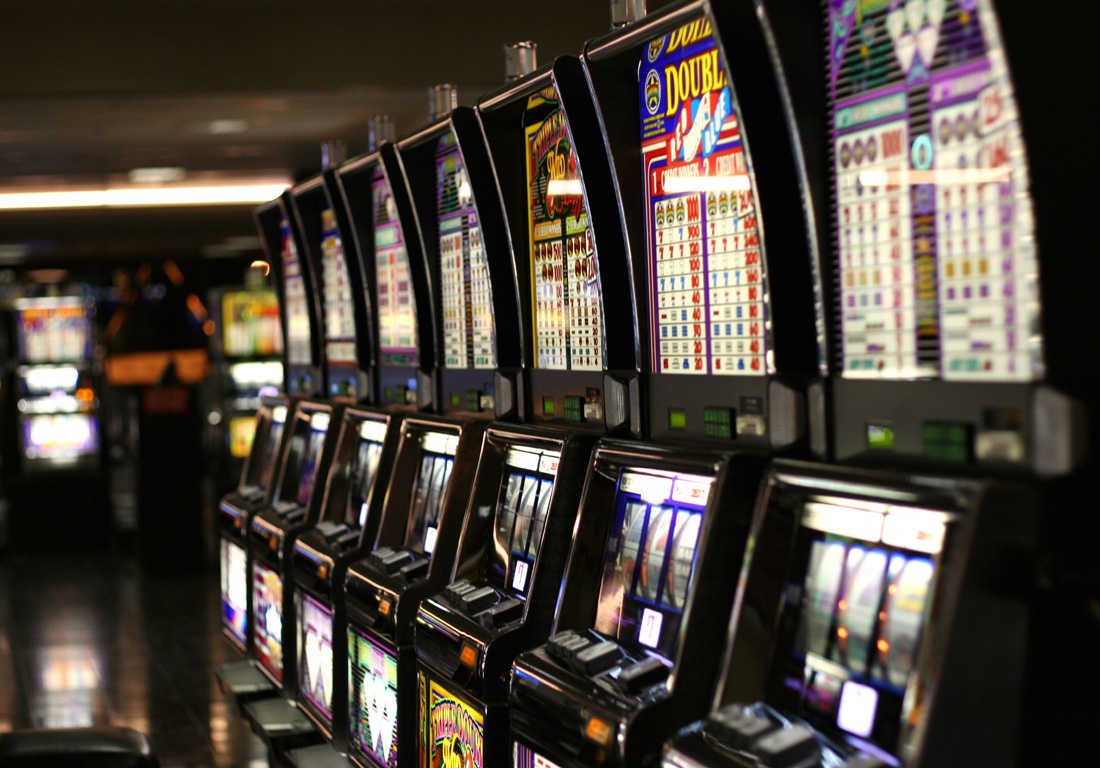
A slot is a position where a piece of wood, metal or plastic is placed to secure it in place. It is also used to describe the space between the tips of a bird’s wings during flight that allows air flow over them. It may be a single slot or an entire wing, and it is usually shaped to match the contour of the wing.
The term “slot” also refers to a particular place in a document or book, or an area in a computer that holds data. The first use of this word in the English language was probably to describe a gap between pages. Later, the term was used to describe a specific part of a machine where coins were dropped. The term was eventually shortened to simply slot.
Modern slot machines are operated by a computer system that is programmed to display different combinations of symbols on the reels. A player can select a line to bet on and then press the spin button. A computer then randomly generates a series of numbers that correspond to each stop on the reels. The number of times a symbol appears on the payline determines how much the player wins.
Depending on how many lines a player has selected and the bet amount, the results of the spin can vary greatly. A player can choose to bet a minimum of a penny or more than a hundred dollars for each spin. High limit slots often feature larger jackpots and better payout percentages than regular slot games. They are typically located in special areas of the casino where players can easily find them.
When playing slots, a player’s best bet is to focus on the game itself rather than chasing comps. It is easy to get distracted by the bright lights and jingling noises of a slot machine, but it is important to remember that the only way to maximize your winnings is by protecting your bankroll. Using a proper betting strategy will ensure that you never exceed your budget and are able to play until you win.
Many people believe that there is a secret formula for winning at slots. They think that somebody in the back room is pulling the strings and determining who wins and who loses. This is a myth, however. The outcomes of slot games are entirely random and determined by chance.
Regardless of how you fund your slot machine, the odds remain the same. They don’t care whether you put in a $100 bill or a $3.39 tito ticket. The only way to improve your chances of winning is by studying the slot pay tables and learning how the various symbols work together to create a payout. In addition, you should also be aware of the maximum payout caps that a casino may have in place. These limits are designed to prevent players from wasting their money on machines that offer low payouts.